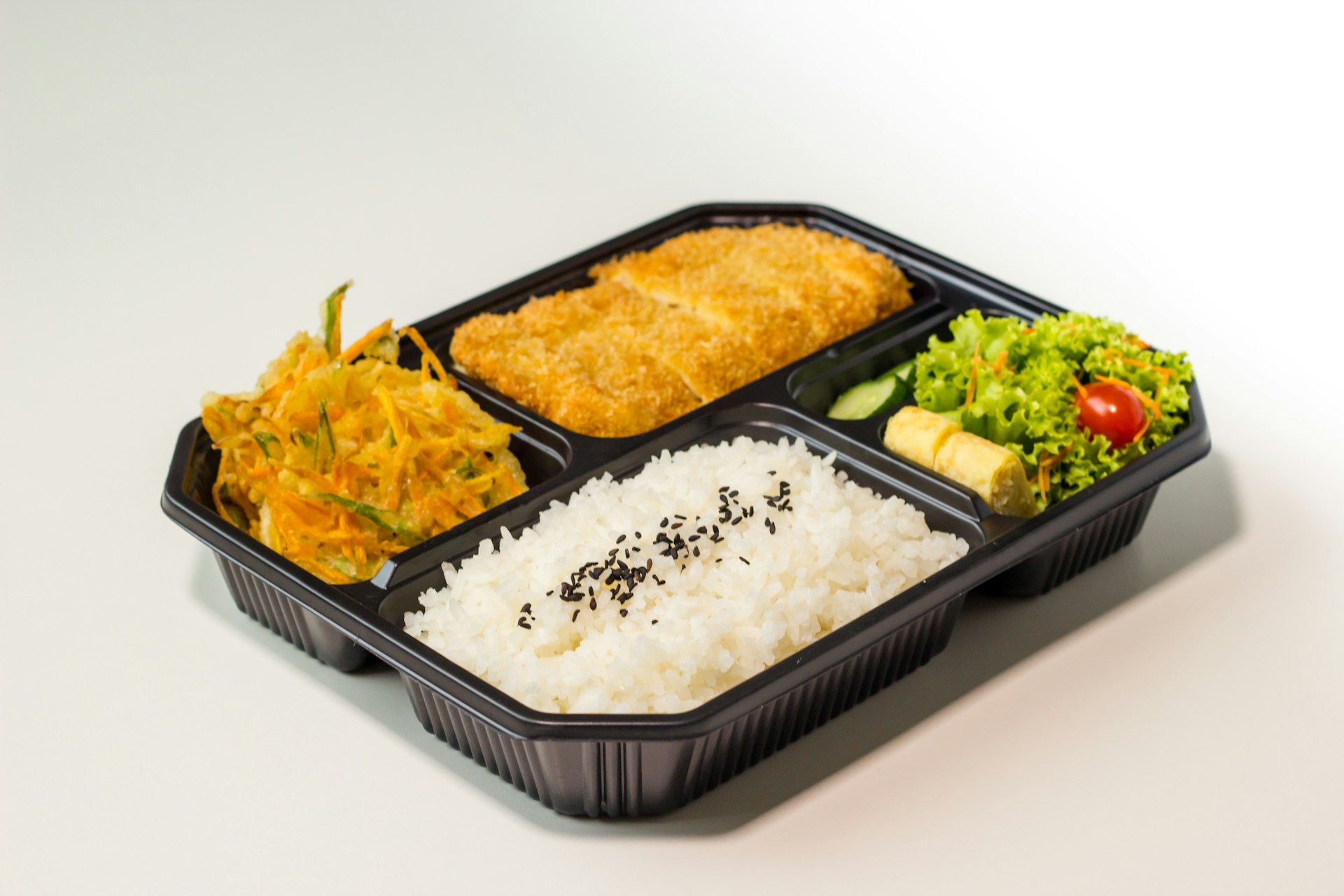Packaging, who toasts (and who doesn’t) to the new EU agreement

Council, Parliament and EU Commission have found a political agreement on the new regulation on packaging. Here's what it predicts (and what isn't said). Facts and comments
Formal approval for its entry into force is missing, but last night the Council, Parliament and EU Commission found a provisional political agreement on the new regulation on packaging.
As foreseen in the Commission's initial proposal , the request for a reduction in packaging waste of 5% by 2030, 10% in 2035 and 15% by 2040 was confirmed. Also stop some single-use plastic packaging starting from 1 January 2030 and a ban on forever chemicals , such as PFAS , in packaging in contact with food.
Satisfaction with the agreement has various nuances but there are also those who fear unfair competition from non-EU countries and different favoritism between member states.
WHAT HAS BEEN DECIDED ON SINGLE-USE PLASTIC
In addition to the gradual reduction of packaging waste between now and 2040, according to the new regulation, from 1 January 2030 some formats of single-use plastic packaging would be prohibited, such as those for unprocessed fresh fruit and vegetables or for filled foods and drinks. and consumed in bars and restaurants. Ditto for packaging for single portions of salt, oil, sugar, as well as for mini hotel products and film for wrapping suitcases at airports.
WHAT WILL HAPPEN TO PLASTIC BAGS
Very light plastic bags (less than 15 microns), i.e. those of fruit and vegetables, will continue to exist but only for hygiene reasons or if supplied as bulk food packaging with the aim of preventing food waste.
SAVE COMPOSTABLE PLASTIC AND COMPOSITE PACKAGING
The bans envisaged by the agreement, however, would not affect compostable plastic if collected and disposed of, nor composite packaging, such as plastic and paper packaging.
PACKAGING FOR ALCOHOLIC AND NON-ALCOHOLIC SPIRITS
The new proposal would also require that at least 10% of packaging for alcoholic and non-alcoholic beverages be reusable by 2030. Under certain conditions, a five-year derogation is foreseen.
However, the Horeca sector, wines and spirits, packaging cartons used in transport, but also countries that reach the recycling targets for material are exempt.
RIGHTS AND DUTIES OF THE RESTAURANT AND CUSTOMERS
Final distributors of drinks and takeaway food in the food service sector should then mandatorily offer customers the option to bring their own container and commit to offering 10% of products in a reusable packaging format by 2030.
Furthermore, regarding disposable plastic and metal beverage containers (up to 3 litres), 90% of these should be collected separately by 2029 with deposit systems.
Food services, from canteens to bars, should then serve tap water – free or at a low cost – and all packaging should be recyclable, with exceptions for cork, lightweight wood, rubber, textiles, ceramics, porcelain and wax.
WHAT ITALY THINKS
For the Minister of Business and Made in Italy, Adolfo Urso, the new agreement "is a step in the right direction, which welcomes a series of Italian indications and which removes some critical issues initially present in the position of the EU Commission".
“The initial implementation of the regulation would have been penalizing – the minister recalled – not only for the Italian packaging industry, but also for many production chains, from agri-food to pharmaceuticals”.
“There is still work to be done in the negotiations”, added Urso, promising that Italy will continue “to support our companies so that they can operate at their best and innovate, thanks also to excellence in the recycling sector, which sees Italy among the most advanced at an international level".
THE PACKAGING STANDARD COMPARED TO NON-EU COUNTRIES
But what does the new regulation on packaging mean for non-EU countries? As reported by La Verità , the European Commission "has vetoed the most important article of the law". This is the so-called mirror clause, i.e. a clause according to which any green parameter imposed on European companies should also apply to non-EU countries that import from us.
“If the veto aimed at abolishing the mirror clause is confirmed, it would mean being faced with the condemnation of all the mechanisms of production which would find themselves suffocated by unfair competition from abroad”, explained Luigi Scordamaglia, president of Filiera Italia, to the newspaper directed by Maurizio Belpietro.
THE DIFFERENT IMPACT OF THE REGULATION ON EU COUNTRIES
Furthermore, according to the article in the newspaper La Verità written by Claudio Antonelli, the new regulation would have a different impact between the various member states due to the various industrial specificities of each. The example is that of "disposable packaging made of paper or mixed plastic-paper material, used to preserve fruit and vegetables, [which] may continue to be placed on the market".
“A great gift to the Northern countries – comments the newspaper founded and directed by Maurizio Belpietro -, especially the Scandinavian ones which are leaders in paper and not, like us, in bioplastics”.
This is a machine translation from Italian language of a post published on Start Magazine at the URL https://www.startmag.it/economia/imballaggi-chi-brinda-e-chi-no-al-nuovo-accordo-ue/ on Tue, 05 Mar 2024 10:18:45 +0000.
